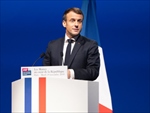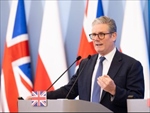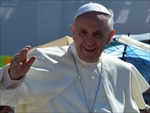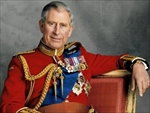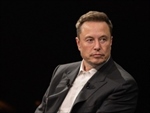Pope Francis

Pope Francis

Pope Francis, born Jorge Mario Bergoglio on December 17, 1936, in Buenos Aires, Argentina, served as the head of the Catholic Church and sovereign of the Vatican City State from March 13, 2013, until his death on April 21, 2025. He was the first Jesuit pope, the first from the Americas and the Southern Hemisphere, and the first non-European pope in over a millennium. Known for his humility and emphasis on God's mercy, he chose to reside in the Vatican guest house rather than the papal apartments and was noted for his less formal approach to the papacy. His papacy focused on reforming the Vatican bureaucracy and finances, addressing social justice issues, and promoting interreligious dialogue. He was also known for his progressive stances on climate change, economic justice, and the death penalty. Despite facing criticism from conservative factions, he remained committed to modernizing the Catholic Church and promoting compassion and inclusivity.
Trump Touches Down in Rome as World Leaders Gather for Pope Francis' Funeral
- Friday, 25 April 2025
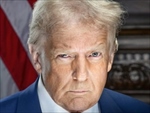
US President Donald Trump and First Lady Melania Trump arrived in Rome overnight as world leaders gather to attend Pope Francis' funeral. The historic event marks the formal farewell to the 88-year-old pontiff, who died on Monday. Ahead of the funeral, faithfuls lined Vatican City streets to pay tribute to Pope Francis, with Cardinal Vincent Nichols predicting a "masterpiece" despite the attendance of many big egos. The seating arrangement has been confirmed, with Argentina and Italy taking precedence, followed by reigning sovereigns seated in alphabetical order using the French language, and then heads of state.

